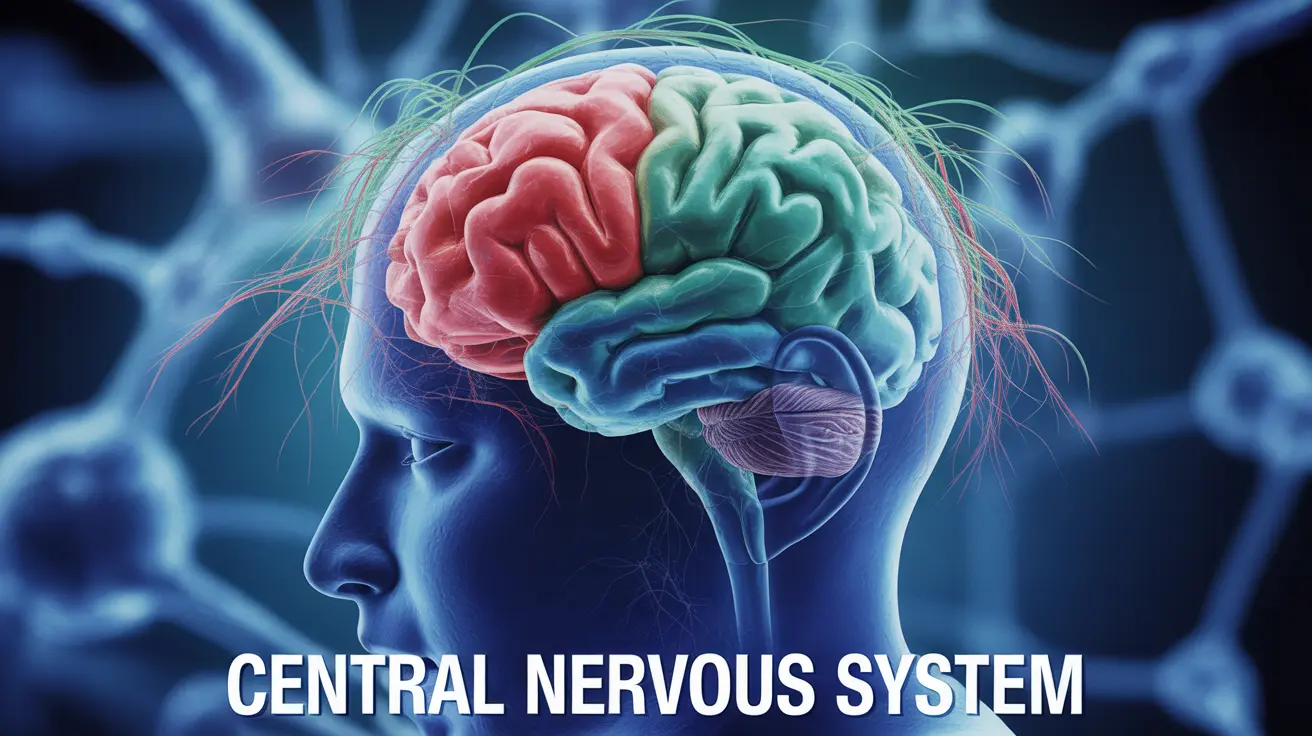Central nervous system (CNS) depression is a serious medical condition that occurs when the brain's normal functioning is slowed down, potentially leading to life-threatening complications. This condition can arise from various causes, including medication side effects, substance use, or certain medical conditions. Understanding CNS depression is crucial for recognizing its signs and getting appropriate medical help when needed.
What Is CNS Depression?
CNS depression refers to the slowing down of brain activity and vital functions controlled by the central nervous system. This physiological state can range from mild drowsiness to severe, life-threatening conditions requiring immediate medical intervention. The brain and spinal cord's normal functions become suppressed, affecting everything from breathing rate to consciousness level.
Common Causes of CNS Depression
Several factors can trigger CNS depression, with substance use being a primary cause:
- Prescription medications (especially CNS depressants)
- Alcohol consumption
- Opioid painkillers
- Benzodiazepines
- Certain medical conditions
- Drug overdose
- Traumatic brain injury
Recognizing the Signs and Symptoms
Identifying CNS depression early is crucial for preventing severe complications. Common symptoms include:
Initial Symptoms
- Drowsiness
- Slurred speech
- Decreased coordination
- Confusion
- Delayed reaction times
Severe Symptoms
- Significantly decreased breathing rate
- Extremely low blood pressure
- Loss of consciousness
- Unresponsiveness
- Blue-tinted skin (cyanosis)
Medical Treatment and Emergency Response
Treatment for CNS depression depends on its severity and underlying cause. Medical professionals may employ various interventions:
- Immediate respiratory support
- Administration of reversal agents (like naloxone for opioid overdose)
- Careful monitoring of vital signs
- Supportive care measures
- Treatment of underlying conditions
Prevention and Risk Reduction
Taking proactive steps can help prevent CNS depression:
- Following medication prescriptions exactly as directed
- Never mixing CNS depressants with alcohol
- Maintaining open communication with healthcare providers
- Being aware of potential drug interactions
- Seeking help for substance use disorders
Frequently Asked Questions
What are the common causes and symptoms of central nervous system (CNS) depression?
Common causes include medication side effects, substance use, and certain medical conditions. Symptoms range from drowsiness and confusion to severe manifestations like respiratory depression and loss of consciousness.
How do CNS depressant drugs like opioids and benzodiazepines affect the brain and body?
These medications slow down brain activity by enhancing the effects of GABA, a neurotransmitter that reduces nerve cell activity. This can affect breathing, heart rate, blood pressure, and consciousness levels.
What are the risks of mixing CNS depressants with alcohol or other substances?
Combining CNS depressants can dangerously amplify their effects, potentially leading to severe respiratory depression, coma, or death. This practice significantly increases overdose risk.
How is severe CNS depression treated and when should someone seek emergency medical help?
Severe CNS depression requires immediate emergency care. Treatment may include respiratory support, medication reversal agents, and intensive monitoring. Seek immediate help for symptoms like severe drowsiness, breathing difficulties, or unconsciousness.
What steps can be taken to prevent CNS depression caused by medication misuse or overdose?
Prevention involves strictly following prescription guidelines, avoiding substance mixing, understanding medication risks, and maintaining regular communication with healthcare providers about side effects and concerns.
Understanding CNS depression and its potential dangers is crucial for anyone taking medications that affect the central nervous system. Always consult healthcare professionals about proper medication use and seek immediate medical attention if concerning symptoms develop.




